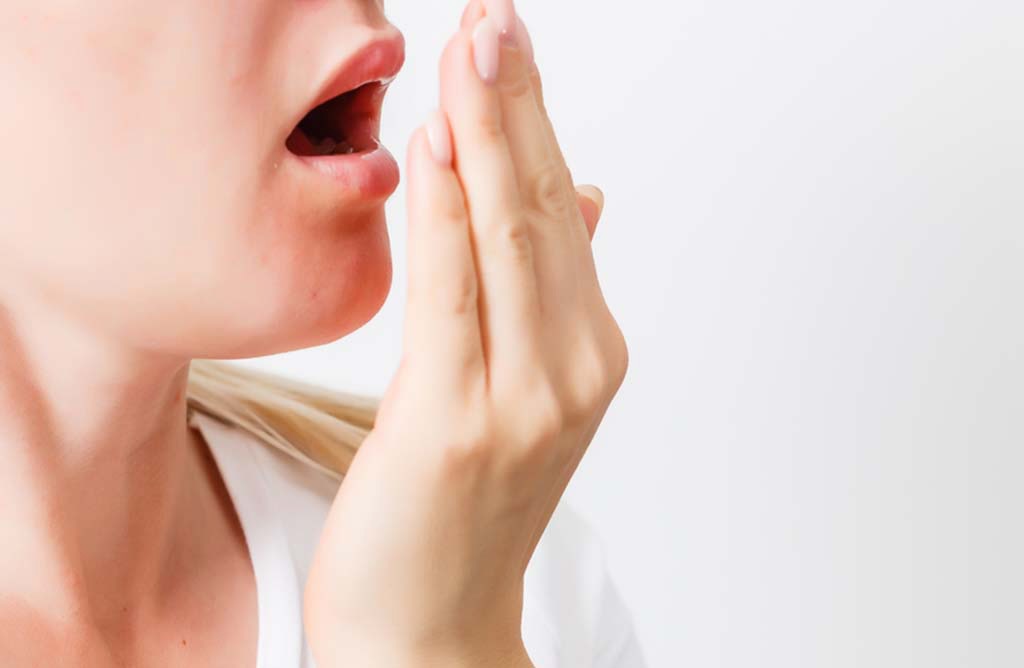Bad breath is a common problem that affects many people, regardless of age or gender. There are times when you may not be aware of your bad breath, and this may lead to embarrassment or social discomfort. Halitosis is a medical term for bad breath, and it is a condition that affects many individuals. In this blog post, we will discuss how to know if you have halitosis and what you can do to prevent it.
Bad Taste in Your Mouth
One of the primary signs of halitosis is a bad taste in your mouth, which can come from the accumulation of bacteria in your mouth. This can often occur due to poor oral hygiene or gum disease. If you taste something unpleasant in your mouth, it’s time to start brushing, flossing, and using mouthwash regularly. This will help to reduce the buildup of bacteria and prevent bad breath.
Dry Mouth
Another common cause of halitosis is a dry mouth. Saliva helps to rinse away bacteria that cause bad breath, and when you have insufficient saliva production, bad breath is more likely to develop. If your mouth feels dry, try drinking more water or chewing sugarless gum. You can also speak to your dentist or doctor about appropriate medications or treatments to manage dry mouth.
White Coating on Your Tongue
If you notice a white coating or film on your tongue, it could be a sign of halitosis. This white film is a buildup of bacteria and food particles that can cause bad breath. Use a tongue scraper or brush your tongue daily to remove this buildup. This will also help to stimulate saliva production and improve your overall oral health.
Strong Odor From Nose
Sometimes halitosis can cause a strong, unpleasant odor to come from your nose. This can be due to an infection or other underlying medical condition. If you notice this symptom, make sure to speak to your doctor or a healthcare professional as soon as possible. They can help you diagnose the cause of the issue and suggest appropriate treatment options.
Irritating Throat or Cough
Lastly, halitosis can also lead to an irritating throat or cough. This cough may be persistent and could worsen at night. If you notice these symptoms along with bad breath, make sure to speak to your doctor. They can help you identify the cause of the issue and suggest appropriate treatment.
Halitosis can be an uncomfortable and embarrassing condition. However, with proper care and attention to your oral hygiene, you can reduce your risk of developing bad breath. Make sure to brush and floss your teeth regularly, drink plenty of water, and see your dentist or doctor for regular checkups. If you have bad breath despite maintaining good oral hygiene, make sure to speak to a healthcare professional. This can help you identify the cause of the problem and find an appropriate solution. Don’t hesitate to seek help and take control of your oral health!
If you are looking for a solution to your bad breath, please give us a call to speak with our highly trained team members!









